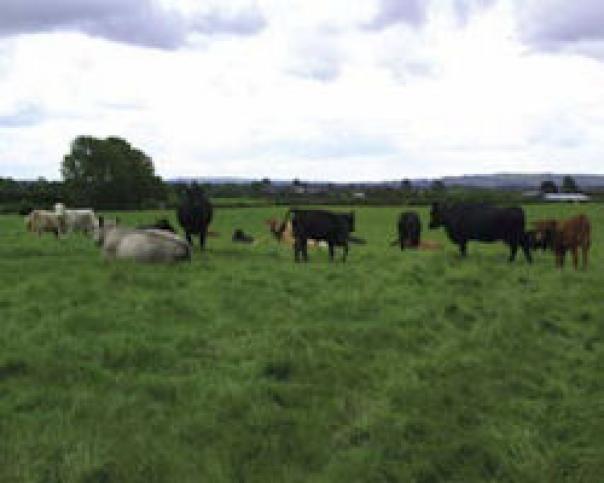
“This is a very serious issue. The evidence we have about the two cases, of the significant amount of horsemeat in burgers and lasagne, points to either gross negligence or deliberate contamination in the food chain.
“This is why we have already involved the police, both here and in Europe.
“We believe that these two particular cases - the frozen burgers from Tesco and the lasagne from Findus - are linked to suppliers in Ireland and France respectively.
“We are working closely with the authorities in these countries to get to the root of the problem. Our priority remains to protect UK consumers.
“People have been asking whether it is safe to eat any frozen meat products at the moment. There is no reason to suspect that there’s any health issue with frozen food in general, and we wouldn’t advise people to stop eating it.
“In the particular cases of the Findus lasagne and the Tesco burgers, they have been withdrawn from sale. Anyone who has them in their freezer should return them to retailers as a precaution.
“In addition to the widespread testing we are doing, we’ve instructed the industry to urgently carry out its own tests on processed beef products to see whether horsemeat is present.”
And EBLEX (English Beef and Lamb Executive), the organisation behind the Quality Standard Mark Scheme for beef and lamb, is urging caterers to source products very carefully.
Marketing manager Laura Bishop advises: “With the traceability and origin of meat products coming under the spotlight once again, it’s more important than ever to ensure your beef, lamb and veal is sourced through an assured supply chain.
“In addition to specifications for beef and lamb, the scheme also includes specific requirements for mince and burgers labelled as quality standard.
“The key requirements, which can be viewed in full on www.eblextrade.co.uk, specify that beef mince must contain a maximum of 20% fat (as measured by chemical analysis using British Standard methods), approximately equivalent to beef having overall 85% visual lean prior to mincing and it must be 100% beef with no added water, additives, fillers or other ingredients.
“In the case of burgers, no meat other than beef may be used, the beef used must be of a quality such that it would, if minced, satisfy the requirements of the EBLEX Quality Standard Mark for beef mince and the minimum beef content of the burger is 70%.
She added that although the EBLEX Quality Standard Mark scheme was independently audited and she believed remained robust, in the light of recent incidents the organisation was looking at introducing random DNA testing to beef and lamb produced under the scheme as an additional safeguard.
“Any business which is sourcing Quality Standard Mark beef or lamb and registered to our scheme (which is free of charge) can use the scheme logos on packaging, menus, website or marketing literature to offer customers the reassurance that the meat used in their burger has been sourced from a totally assured, independently inspected supply chain,” she said.